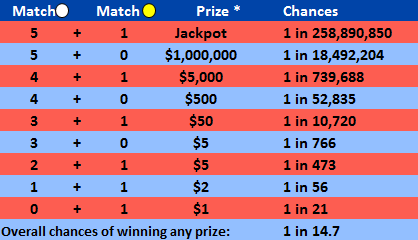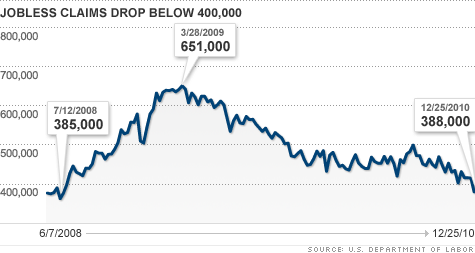NOTE: This post is part of an ongoing education series. This information is for educational purposes only. This information does not constitute investment advice. No rational person would make investment decisions based on a blog post. Please consult with your financial advisor before taking any action. One of the thing I recommend to all investors is an annual review of your account. However, you need to have reference points to compare it against. Below is a short list of some investment averages and how they have done over the last 1,3,5 and 10 years. These are just for a reference but can be a good guide to see how you are doing.
| 1 Year Avg | 3 Year Avg | 5 Year Avg | 10 Year Avg | |
| Europe Stock Average | 7.98 | -8.44 | 3.47 | 6.24 |
| Foreign Stock Average | 11.97 | -5.88 | 3.80 | 5.26 |
| Short-Term Bond Average | 4.22 | 3.52 | 3.92 | 3.94 |
| Intermediate-Term Bond Average | 7.64 | 5.83 | 5.45 | 5.55 |
| Long-Term Bond Average | 10.51 | 7.28 | 6.11 | 7.20 |
| Large Growth Average | 16.00 | -2.04 | 3.01 | 0.69 |
| Large Value Average | 14.11 | -3.42 | 1.62 | 3.50 |
| Mid-Cap Growth Average | 24.58 | -0.48 | 4.70 | 3.28 |
| Mid-Cap Value Average | 21.74 | 1.07 | 3.88 | 7.37 |
| Small Growth Average | 26.95 | 0.60 | 4.28 | 4.28 |
| Small Value Average | 26.62 | 4.65 | 4.65 | 9.65 |
If you have a small cap mutual fund then you should have made around 26 -27% return in 2010. If you only made 10% then either you don't really have a small cap fund or it... er ... um... sucks. Some funds try hard to stick to one part of the market - others do not so it can be hard to tell. If you aren't sure how your funds did last year just send me an e-mail and I will look them up for you. If you have more than $20,000 you should use multiple funds to balance your goal and reduce your volatility.
Below is a sample portfolio. It is mostly stocks but has some bonds and some international investments as well. The exact percentages don't matter. What is important is that the swings are not as big. Look at the 1 year return of 16.32%. Not as high as the small cap average but better than bonds, international and large cap. A variety of funds can lower the volatility - so you can sleep at night.
| 1 Year Avg | 3 Year Avg | 5 Year Avg | 10 Year Avg | |
| Sample Portfolio | 16.32 | 1.07 | 4.55 | 5.88 |
I hope this helped and good luck in 2011.



